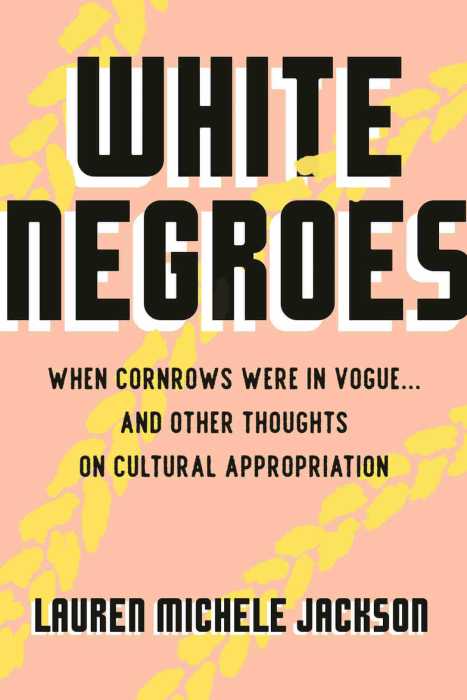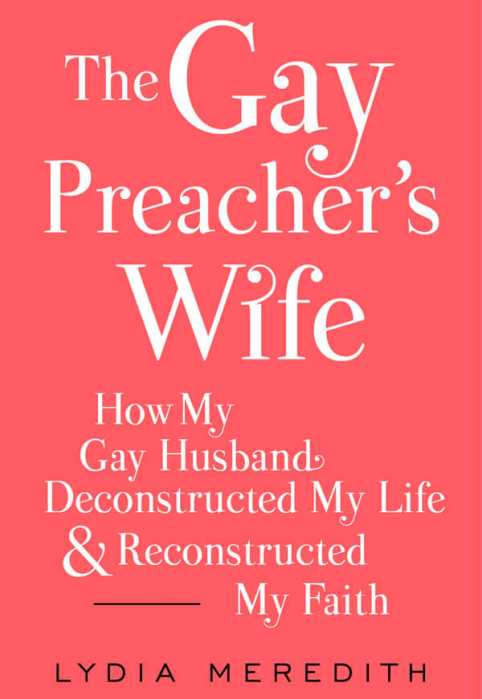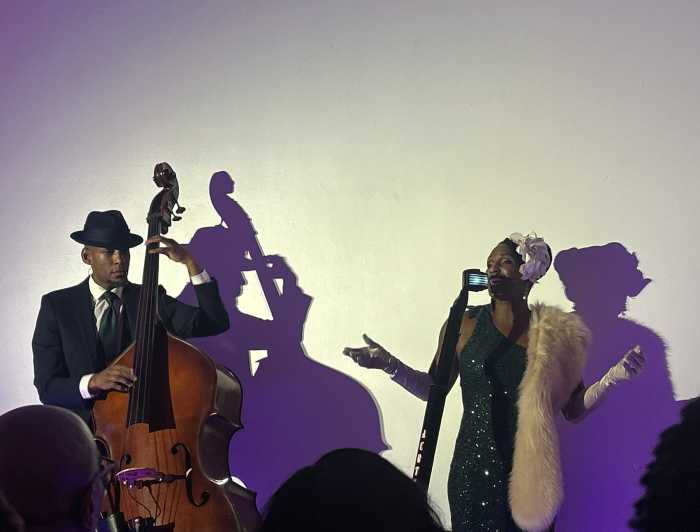“I’m Still Here: Black Dignity in a World Made for Whiteness” by Austin Channing Brown
c.2018, Convergent
$25.00 / $34.00 Canada
185 pages
Oh, the things you’ve heard!
You’ve been told statements that aren’t true, and that made you sad. Myths kept you from your full potential. Tall tales were told to provoke you. And with the new book “I’m Still Here: Black Dignity in a World Made for Whiteness” by Austin Channing Brown, well, sit down. You’re about to get an eyeful.
“White people,” says Brown, “can be exhausting.”
They say racist things without awareness. They’re racist, and pretend they’re not. For her, the problems begin when she’s introduced to someone who’s taken aback by her “white man’s name.” Her parents gave her the name as a leg-up but it just confuses white people because, Brown says, some of them actually expect her “to be white.”
Her awareness of this was hard-earned: as a child, she says, she “had to learn what it really means to love Blackness.”
She attended a “predominately white” grade school but her parents gave her a foundation of black culture when she was young; still, when they divorced and moved apart, Brown felt awkward in her mother’s all-black neighborhood.
It was a “culture shock” until she learned her way; later, she was further delighted by college instructors who were Black, and who opened her eyes wider.
But back to the “exhausted” part: Brown is tired of being an unofficial teacher for white people. It’s not up to her to explain, repeatedly, why touching someone’s hair without permission is offensive.
It’s not her responsibility to adjust to injustice at work. When white people worry about saying the wrong things, she’s tired of soothing their fears.
And yet – she’s heartened by white people who have “acknowledged the depth of our pain without making excuse for it.”
She’s glad for allies, and for people who accept responsibility for their own racism. She wants white people to learn “to listen, to pause so that people of color can clearly articulate” their disappointments and the repairs that are needed to heal.
Even then, says Brown, “the real work is yet to come.”
I wish you could see my copy of “I’m Still Here.” It’s littered with sticky flags and notes, reminders to explore, ideas to ponder, and thinking-points. Those are the things this book demands, but they won’t come easy.
Author Austin Channing Brown admits that she’s “become very intimate with anger” and it shows: this book fairly seethes with it, for reasons large and small, the latter of which eventually become the former in her eyes. The anger serves to paint a wide swath of condemnation across an entire race — although later, Brown admits to quiet instances of hope, which is both surprising (vis-à-vis the anger) and compelling.
Readers of this book can, of course, be of any race, but you’ll need an open mind; if you don’t have that, not one word of “I’m Still Here” will mean a thing to you. On the other hand, if you don’t have an open mind, there are words in this book that maybe you need heard.
























